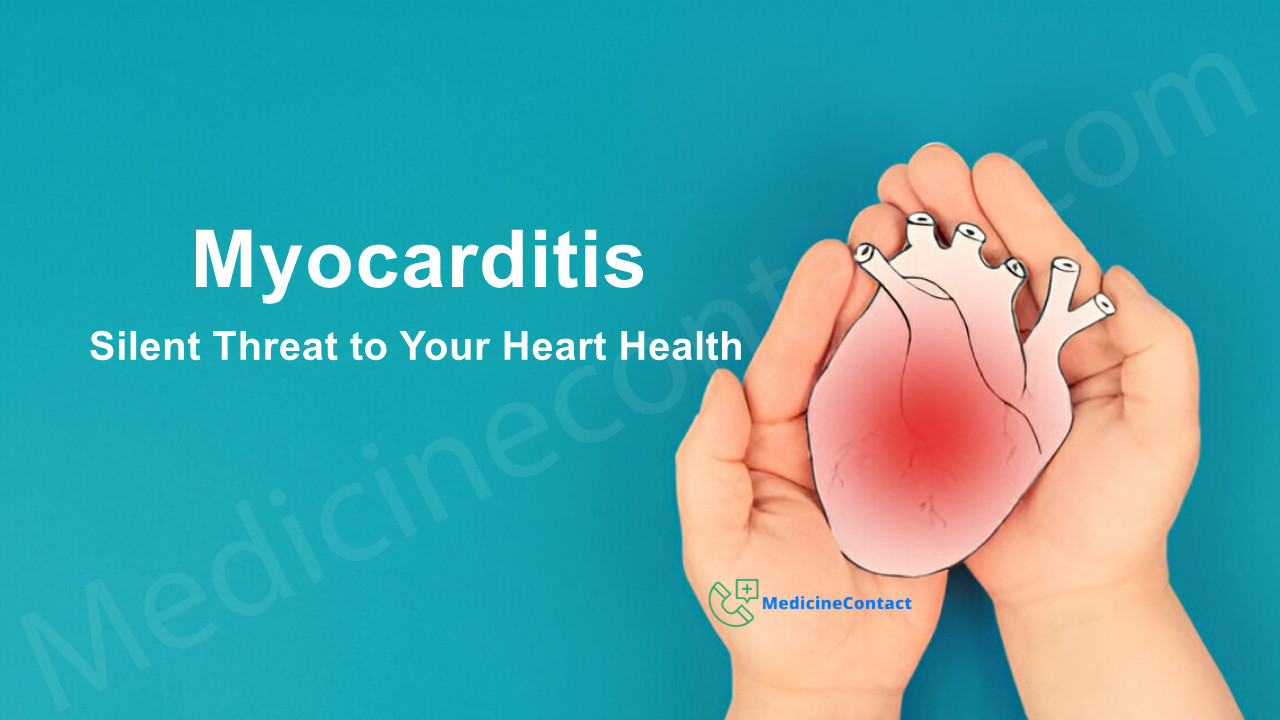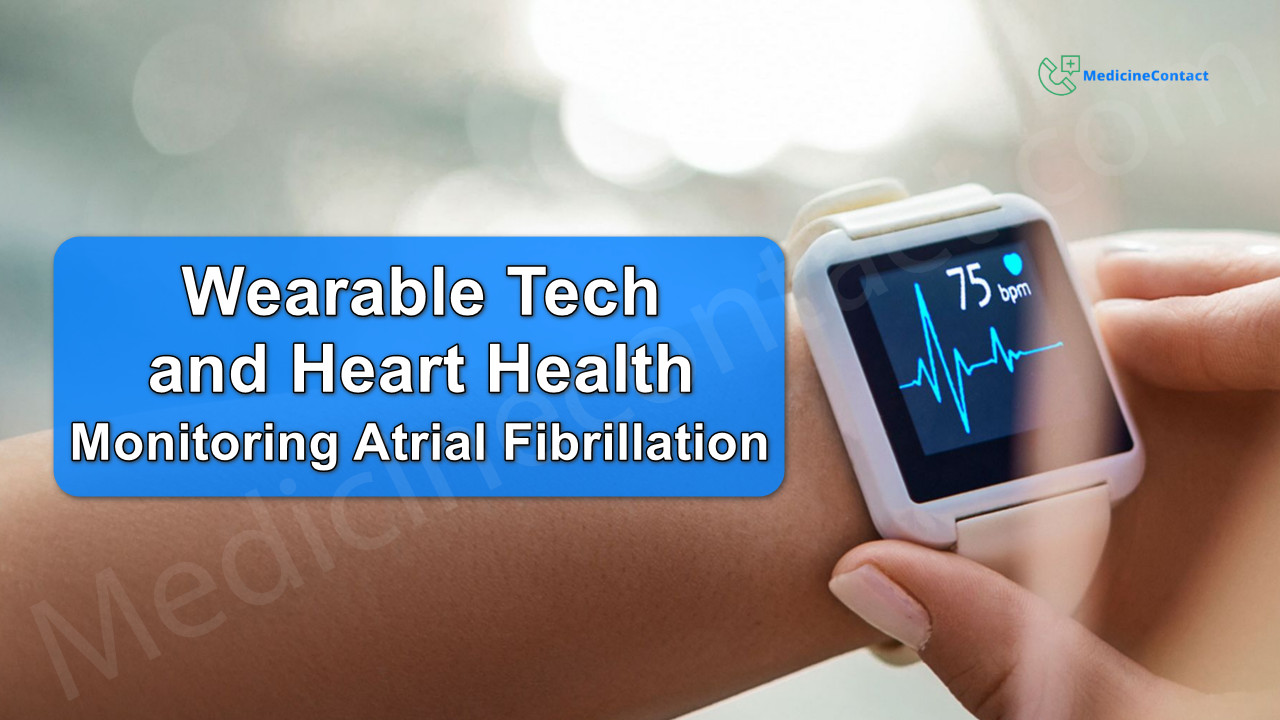
The Potential Dangers of Tasteless Caffeine Powder
In recent years, tasteless caffeine powder has emerged as a popular supplement for those seeking an extra energy boost. Sometimes labeled as a "dietary supplement," this odorless, flavorless powder is nearly 100% pure caffeine. While it may seem harmless, tasteless caffeine powder poses serious dangers that consumers should be aware of.
What is Caffeine Powder?
Caffeine powder is a concentrated powder form of caffeine that often contains extremely high doses ranging from 2,000 mg per teaspoon up to over 10,000 mg per teaspoon. In comparison, a typical cup of coffee only contains around 100 mg of caffeine.
This tasteless, white crystalline powder is designed to easily mix into drinks and foods without altering their taste. It quickly dissolves without any bitterness or coffee flavor. The caffeine provides a rapid jolt of stimulant energy.
Caffeine powder is marketed under names like:
- Caffeine anhydrous powder
- Pure caffeine powder
- Powdered caffeine
- Caffeine powder concentrate
It is sometimes misleadingly labeled as a dietary or nutritional supplement. However, the FDA advises that it does not qualify as a dietary supplement.
Dangers of Caffeine Powder
While caffeine powder may seem like an easy way to increase energy and focus, it poses serious health risks. Even tiny amounts of this tasteless powder can lead to caffeine overdose and toxicity.
Potential dangers of caffeine powder include:
- Extremely high, concentrated doses making safe use difficult
- Caffeine overdose leading to racing heart, agitation, hypertension, seizures
- Potential for fatal overdose or suicide attempts
- Harmful interactions with medications and supplements
- Changes in brain chemistry with excessive use
- Physical dependence and withdrawal symptoms
- Harmful effects on developing fetuses
The FDA has issued warnings about caffeine powder after reports of serious injury and death related to its use. Many health experts advise avoiding caffeine powders altogether due to the risks.
Risk of Caffeine Overdose
One of the biggest dangers of tasteless caffeine powder is that it allows users to consume extremely high amounts of caffeine quickly and easily. Most people are unaware of just how little powder it takes to reach toxic caffeine levels.
As little as 1/16th of a teaspoon of some caffeine powder products could contain over 200 mg of caffeine. In comparison, health authorities recommend limiting caffeine intake to around 400 mg per day for healthy adults.
Consuming over 200 mg at once puts you at risk of caffeine toxicity. Overdose symptoms can include:
- Jitters, anxiety, agitation
- Racing heart, irregular heartbeat
- High blood pressure
- Nausea, vomiting, diarrhea
- Dizziness, tremors
- Confusion, hallucinations
- Seizures
Extremely high doses over 2-3 grams can be fatal. Caffeine powder makes it too easy to consume these dangerous amounts accidentally.
Safety Tips for Caffeine Powder
The FDA recommends avoiding tasteless caffeine powders altogether. However, if you choose to use them, here are some tips for safer use:
- Carefully measure doses with an accurate scale, not a spoon.
- Do not exceed 200 mg of caffeine at once.
- Limit intake to 400 mg or less per day.
- Never directly ingest the powder.
- Mix only into beverages, not dry foods.
- Read labels closely and follow dosage guidelines.
- Keep out of reach of children.
Be extremely cautious when trying a new caffeine powder product for the first time. Seek medical help immediately if you suspect an overdose.
Healthier Caffeine Alternatives
Rather than using tasteless caffeine powders, consider these safer ways to get an energy boost:
- Brewed coffee
- Green or black tea
- Matcha or mate tea
- Energy drinks
- Coffee or energy drinks mixes
- Caffeine pills/capsules with measured doses
- Foods like dark chocolate and guarana
These provide caffeine in amounts that are easier to regulate safely. You can also gradually reduce caffeine intake over time to increase energy naturally.
Health Effects of Too Much Caffeine
While tasty in moderation, too much caffeine from sources like tasteless powder can lead to adverse health effects. Caffeine acts as a stimulant drug that impacts multiple body systems.
Cardiovascular Effects
Caffeine stimulates the heart and blood vessels. In moderation, it can enhance mental alertness, mood, and sports performance. But excessive intake can cause:
- Rapid heart rate
- Irregular heartbeat
- Increased blood pressure
- Constricted blood vessels
These effects increase the risk of serious issues like heart attack or stroke in susceptible people. Those with heart conditions should use caffeine cautiously.
Anxiety and Insomnia
By blocking sleep-inducing adenosine receptors in the brain, high caffeine intake can make falling asleep difficult. It may also worsen anxiety and restlessness in some individuals.
Consuming caffeine too late in the day can reduce sleep quality and duration. Chronic insomnia contributes to many long-term health issues.
Digestive Discomfort
Drinking beverages high in caffeine or taking supplements on an empty stomach may trigger:
- Heartburn
- Ulcers
- Nausea
- Vomiting
- Diarrhea
Caffeine increases stomach acid production and gut motility. Those with digestive disorders like GERD or IBS may need to limit intake.
Harm to Developing Fetuses
High caffeine consumption during pregnancy is associated with risks like:
- Miscarriage
- Premature birth
- Low birth weight
- Withdrawal symptoms in infants
The American College of Obstetricians and Gynecologists recommends less than 200 mg of caffeine per day for pregnant women. Caffeine powder is unsafe during pregnancy.
Withdrawal Headaches
Suddenly stopping caffeine use after a period of regular high intake can trigger withdrawal symptoms. Common caffeine withdrawal side effects include:
- Headaches
- Fatigue
- Difficulty concentrating
- Depressed mood
- Muscle pain
Withdrawal headaches and brain fog make decreasing caffeine difficult for some. Tapering intake slowly can prevent adverse effects.
Signs of Caffeine Addiction
For those consuming extremely high amounts of caffeine powder daily, addiction may develop. Signs of possible addiction include:
- Drinking caffeine despite negative consequences
- Needing more caffeine to get the same effect
- Prioritizing caffeine use over responsibilities
- Repeated failed attempts to reduce use
- Experiencing
FAQs
Is caffeine powder dangerous?
Yes, caffeine powder is considered dangerous by health authorities due to the high risk of accidental overdose and toxicity. Even tiny amounts can lead to dangerous side effects due to the extremely concentrated caffeine content.
What are safer alternatives to caffeine powder?
Safer ways to get caffeine include coffee, tea, caffeine pills, energy drinks, chocolate, and other foods containing natural caffeine. These make it easier to control your dosage.
What are the symptoms of caffeine powder overdose?
Symptoms of caffeine powder overdose can include jitters, rapid heartbeat, nausea, vomiting, confusion, seizures, and potentially death at high doses. Seek emergency care if you suspect caffeine overdose.
Can you get addicted to caffeine powder?
Yes, regularly consuming extremely high amounts of caffeine powder can lead to physical and psychological addiction. Signs include needing more powder for the same effect, withdrawal headaches, and being unable to cut down use.
Disclaimer: This article is for informational purposes only and does not constitute medical advice. Always consult with a healthcare professional before starting any new treatment regimen.



